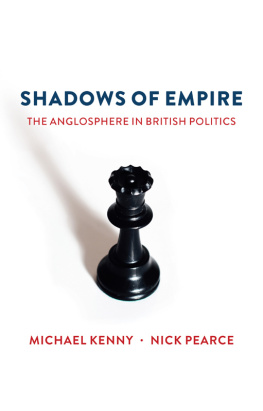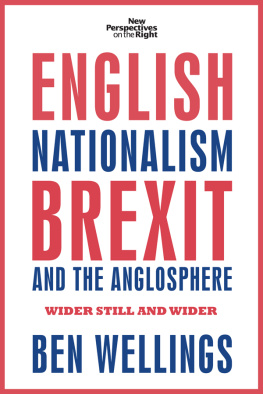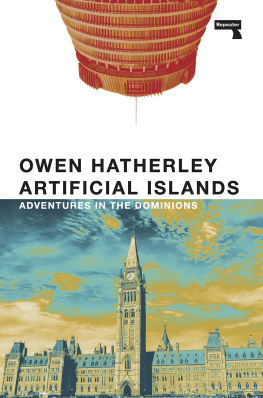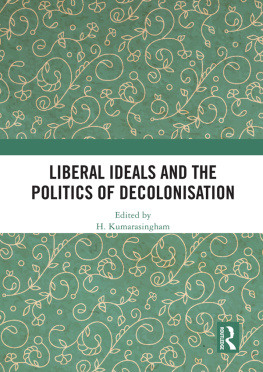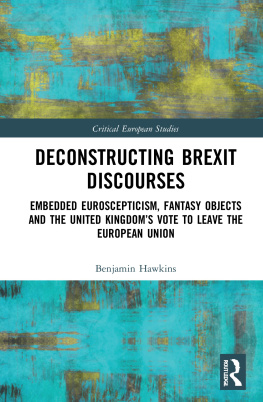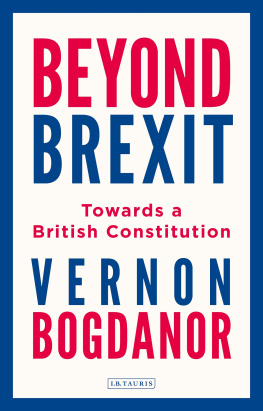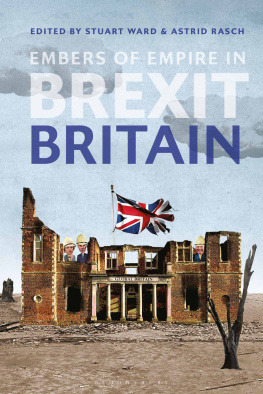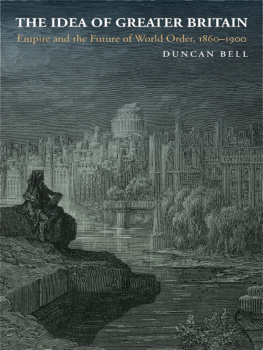1
The Origins of the Anglosphere
The early 1870s were a time of premonition and foreboding in Victorian Britain. In continental Europe, Germany had emerged as a powerful new empire under Prussian leadership, crushing its neighbours and establishing its dominance in a succession of mid-century wars. Further east, a reforming tsar was steadily modernising Russia and threatening British power in Asia, while, across the Atlantic, the United States of America had emerged from its bloody civil war as a powerful, economically dynamic and rapidly developing federation.
Greater Britain
In the history of political ideas, precursors of the concept of the Anglosphere can be located directly in these late Victorian imperialist preoccupations, most notably in the idea of a Greater Britain, of which J. R. Seeley was to become the leading proponent in the 1880s. Just as the idea of federation had appealed to Seeley as a means to ending European war, so too it occupied a central place in the imagination of an influential group of politicians, historians and peripatetic intellectuals who gathered around the idea of cementing the unity of Great Britain with the white settler colonies of Canada, Australia, New Zealand and Southern Africa. For these thinkers, the example of the USA showed that federation over great distances was now both possible and desirable. To hold its own in an era of large states, population growth and global interconnectedness, Great Britain needed to draw closer to its settler colonies, whether in imperial political unity, racial solidarity or both: opinion would divide on the practical schemes for imperial federation, but diverse currents of thought would coalesce around the vision of a Greater Britain that would secure the pre-eminence of the British Empire and its future.
It was a line that was to haunt British policy-makers as they scrambled to acquire territories in Africa and the Middle East and were faced with claims to equality of citizenship from subject populations. It would deepen further as the settler colonies became dominions and then independent states, divided by history, status and power from the rest of the Commonwealth.
But, in the late nineteenth century, the idea of Greater Britain was more than an imperialist ideology of race. It gave expression to powerful currents of growth and integration, culturally and economically, of what historians have called the Anglo-world.
The Anglo-World
It includes the white settler societies of Greater Britain but also the USA, with which the UK had deep economic and ideological ties in the nineteenth century. As the British Empire declined in the twentieth century, this Anglo-world came to form the core of a new Anglo-America an economic, political, ideological and military constellation through which the USA first assumed, and then exercised, global hegemony (as we shall see, the special relationship between the UK and the USA is a central axis upon which debate about the Anglosphere would come to turn).
Land grants, assisted passage, charitable endeavour and government campaigns all played their part in promoting migration, as did the extremes of famine and deprivation. But, once established, settler societies became enmeshed in complex networks of interaction with the mother country. Money, people, goods and services all flowed back and forth along these networks, leading to the creation of powerful political and cultural ties, with distinctive patterns for Scots, Welsh, Irish and English emigrants.
Hard power in the form of British naval supremacy and armies of intervention guaranteed its security.
Imperial Federalism
While these waves of migration, and the economic networks they helped create, grew exponentially in the late Victorian and Edwardian eras, proponents of a Greater Britain had antecedents upon which they could draw. Schemes for the political unity of the colonies of the British Empire circulated throughout the eighteenth and nineteenth centuries. These ranged from proposals that the settler colonies send MPs to the Westminster parliament, to arguments for imperial conferences or councils, to political unity in an imperial federation. Rarely did these ideas advance beyond pamphlets, speeches and private correspondence between politicians, however. Their popularity waxed and waned, depending on circumstances. The Canadian rebellions of 18378 prompted anxious debate about how to reconcile self-government in the colonies (or responsible government) with the unity of empire, which returned to the fore as representative government spread to Australasia and free trade legislation removed restrictions on colonial trade. This was to be a fault line in the British state that returned with a vengeance over Irish Home Rule and which lives on in the contemporary debates about the future of the United Kingdom. Yet it failed to generate serious support for colonial representation in the House of Commons or any other substantive measure of federation. Empire federalism was a recurrent theme in Victorian politics, but it never translated into a political project that stood much chance of success.
Its goal was to secure by federation the permanent unity of the Empire. At its peak, it numbered over 100 MPs among its members and boasted the future prime minister Lord Rosebery as its longest-serving president. It published a monthly journal and had branches and members throughout Great Britain and the settler colonies. Yet, although it agitated successfully for colonial conferences, the first of which was held in 1887, government ministers rebuffed its federalist ambitions, and it disbanded in acrimony in 1893. The ambiguity and political flexibility of the idea of imperial federation was both a source of strength and a weakness, enabling different currents of opinion to marshal behind a vision of the unity of empire, only to crumble into disunity once practical proposals needed support, particularly when these concerned imperial tariff preference. This was a lesson that would be learnt by future campaigns inspired by federal and constructive imperialist ideals for tariff reform and increased resources for the Royal Navy.
Anglo-Saxondom: Race and Nationality
Pan-Saxonism
The USA's economic dynamism was undeniable. Massive capital investment, a surge in technological and infrastructural development, and an urban population boom propelled American economic growth in the Gilded Age. Output quadrupled between 1860 and 1900, led by explosive manufacturing growth in the industrial North East. This was the era in which America unveiled a new model of capitalism to the world of powerful modern corporations deploying leading-edge technologies and organizing production in proto-Taylorist industrial plants which laid the ground for the global hegemony it would achieve in the twentieth century.
In return, American agriculture fed the British market. Grain, meat and cheese were exported to Britain in huge quantities. In 1890, a quarter of Britain's meat and, by 1900, some 70 per cent of her grain imports came from the USA. John Bull was increasingly being fed by Midwestern farmers.
For Anglo-Saxonists such as Cecil Rhodes, here were grounds for a new Anglo-American Empire:
Journalists, historians and social reformers argued in similar vein, proposing that empire federation should embrace America in a Pan-Saxon Alliance of the English and American people. H. G. Wells would later call this a great synthesis of the English-speaking peoples, with its head and centre in the great urban region developing between Chicago and the Atlantic.
Self-government required a fusion of race and nationality in sovereign states, an argument that was to recur frequently in twentieth-century British political thought, most controversially in the figure of Enoch Powell.

